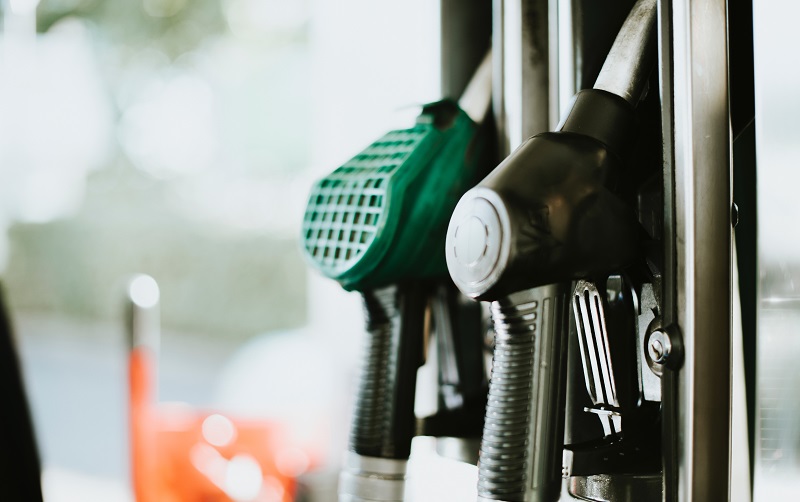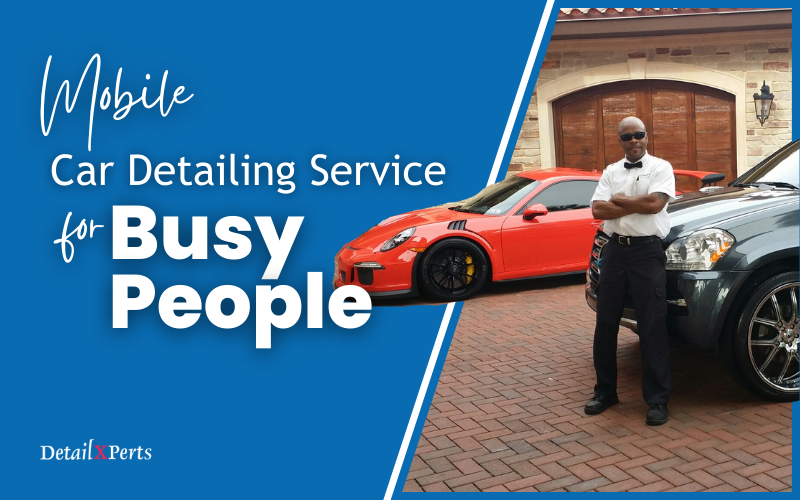As a car owner, you might feel that you are losing the battle with fuel costs on a daily basis. And if your current vehicle is not one of the ultra-modern, environmentally-friendly, fuel-efficient models, you’re likely to see your fuel—and maintenance—expenses increasing even further. However, you don’t have to swap your car with a brand new model just yet. There are ways to improve the fuel economy of your car by simply changing your driving habits. For example, putting a little more thought into every trip you take, and keeping your car in tiptop shape all the time. Here are a few ideas to get you started:
Road Mentality
Not a lot of drivers realize that their driving style impacts a huge deal on how much fuel they burn on the road. We are so tempted to speed up, accelerate in the blink of an eye, and beat that red light that slowing down has never been a choice. The truth is that your car will thank you for being a slowpoke. Drive at a steady pace, increase your speed gradually, and coast to a slow stop. Stomping on the brakes every so often applies too much unwanted friction on the brake pads, making it necessary to replace them immediately.
Shutting down your engine even for a minute can also go a long way towards stretching your mileage to the fullest. Keeping the engine running as you wait at a train crossing or outside a friend’s home is almost second-nature to most drivers, but it’s also one of the biggest reasons why you spend big bucks on fuel.
Think Ahead
Plan your daily route and save up on both time and fuel. Taking a roundabout way or getting yourself stuck in traffic on a one-way street are surefire ways to jack up your fuel costs for the week. If you’re going out shopping, hit all the stores you need in one run and make as few stops as possible.
You should also consider taking walks or using public transportation to save up on fuel. These seem like the most obvious choices, but the fact is that they do work magic on your car’s mileage.
Think about joining a car pool to work instead of driving all the way to the office. Let someone else drive for you for a change.
Vehicle maintenance
There are a number of small upkeep chores that you can perform to ensure that your vehicle is running at 100% capacity.
For example, maintaining the correct tire pressure can increase your fuel economy by up to 3.3%, while replacing a dirty air filter can mean 10% savings on fuel costs.
Be sure to check the manufacturer’s manual for the proper octane gasoline as well as the right motor oil you should use on your vehicle.
Your car always has to be in good condition every time you take it out of the parking lot. Otherwise, you will be confronted with telltale signs of wear and tear that can make your driving experience unpleasant, and even compromise your safety.





